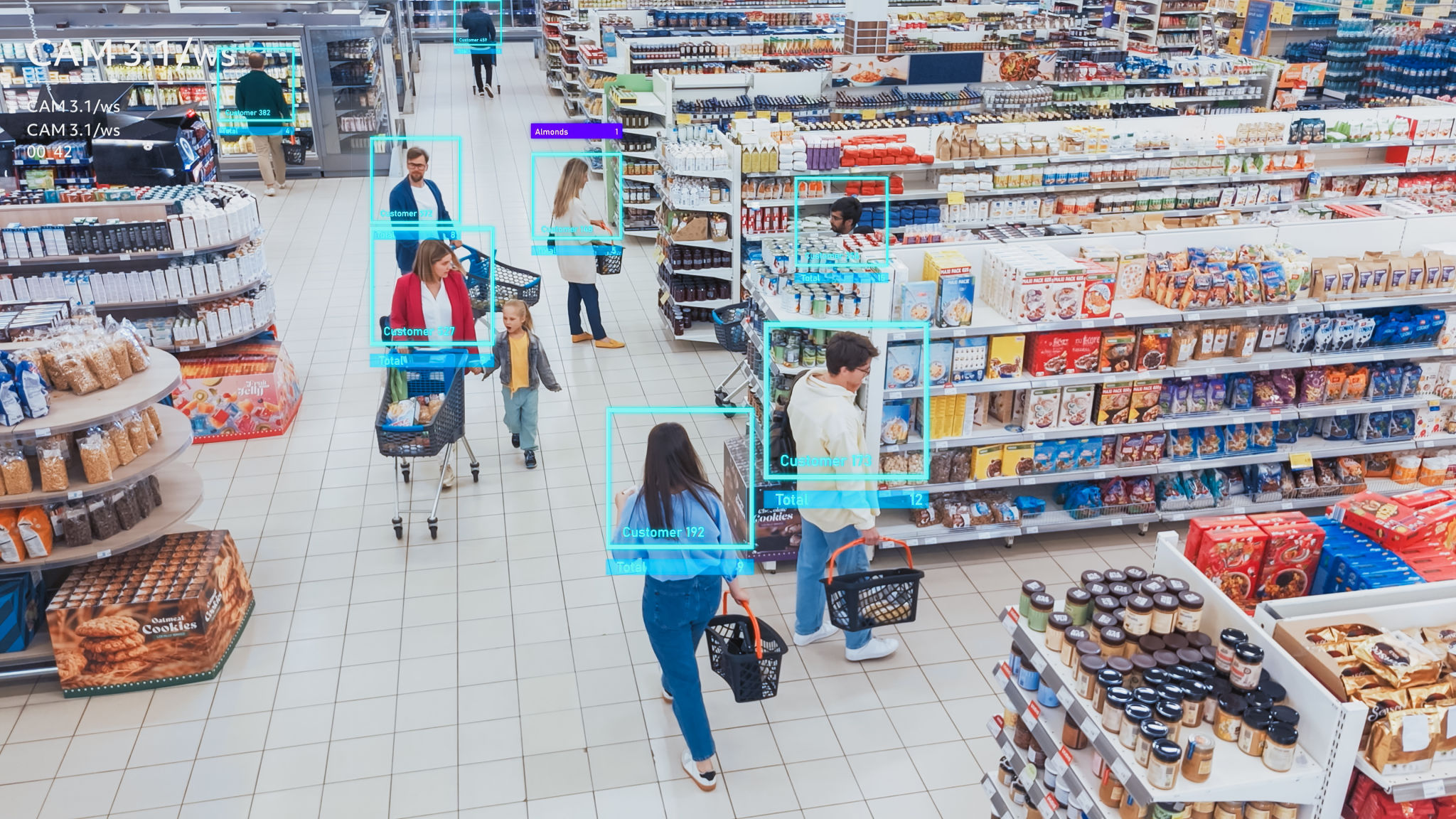How AI is Revolutionizing Personalized Shopping Experiences
The Rise of AI in Retail
In recent years, Artificial Intelligence (AI) has made significant strides in various industries, and the retail sector is no exception. AI technologies have begun to transform the way consumers shop by offering more personalized experiences tailored to individual preferences and behaviors. As a result, businesses are seeing increased customer satisfaction and loyalty, leading to higher sales and revenue.
Retailers are harnessing the power of AI to analyze vast amounts of data, from purchase history to browsing behavior, enabling them to predict what products customers are most likely to buy. This predictive capability allows for a more customized shopping journey, making each interaction with a brand feel unique and relevant.

Enhanced Product Recommendations
One of the most prominent applications of AI in personalized shopping is through advanced recommendation engines. These systems use machine learning algorithms to suggest products that align with a shopper's past purchases and interests. By analyzing data points such as previous buying patterns and similar customer profiles, AI can curate a selection of items that are more likely to resonate with the individual shopper.
This not only improves the shopping experience but also boosts sales, as customers are more inclined to purchase items that appeal to their tastes. Furthermore, AI-driven recommendations can introduce shoppers to new products they may not have discovered otherwise, broadening their purchasing horizons.
Virtual Assistants and Chatbots
Another way AI is revolutionizing personalized shopping is through virtual assistants and chatbots. These digital helpers provide real-time assistance and support to customers, guiding them through their shopping journey. By leveraging natural language processing (NLP) and machine learning, chatbots can understand and respond to customer inquiries with greater accuracy and efficiency.
These virtual assistants can also offer personalized product suggestions and help customers navigate complex websites or mobile apps. This level of personalization ensures that customers receive the information they need quickly, enhancing their overall shopping experience.

Visual Search Technology
AI has also paved the way for visual search technology, which allows customers to find products using images rather than text-based queries. By uploading a photo or taking a picture of an item they like, shoppers can instantly discover similar products available for purchase. This innovation is particularly beneficial for fashion and home decor retailers, where aesthetics play a crucial role in buying decisions.
Visual search technology not only simplifies the search process but also makes it more intuitive, catering to the preferences of visual-oriented consumers. As this technology continues to evolve, it promises to create even more immersive and engaging shopping experiences.

AI-Powered Inventory Management
Beyond enhancing customer experiences, AI is also transforming backend operations such as inventory management. By analyzing sales data and predicting demand trends, AI systems help retailers optimize their stock levels, reducing the likelihood of overstocking or stockouts. This ensures that popular items are always available when customers want them, further improving satisfaction.
Efficient inventory management also allows businesses to allocate resources more effectively, reducing waste and operational costs. In turn, these savings can be passed on to customers in the form of better prices or enhanced services.
The Future of Personalized Shopping
As AI technology continues to advance, the potential for even more personalized shopping experiences is vast. Future developments may include hyper-personalized marketing campaigns that target individual consumers based on real-time data analysis, further blurring the line between online and offline shopping experiences.
Ultimately, the integration of AI in retail not only enhances how consumers interact with brands but also elevates the entire shopping ecosystem, paving the way for a future where personalized shopping experiences are the norm rather than the exception.
